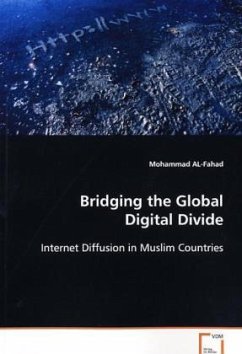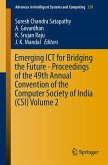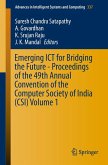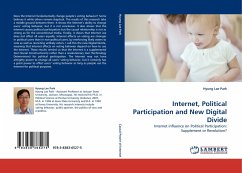The Internet has been described as having the potential to ameliorate social and economic disparities among countries and to lead to greater democratization throughout the contemporary world. However, despite references to it as the "World Wide Web," a vast technological gap is apparent between developed and developing countries in accessing and using the Internet. In fact, bridging this "digital divide" has become a central objective of several national and international policy initiatives. These initiatives have typically stressed greater democratic liberties, enhanced economic conditions, privatized telecommunications bodies, advanced telecommunications infrastructures, and investment in human capital as the requisite conditions that must be present to facilitate Internet diffusion, and have featured them in generalized prescriptions for developing countries. Findings, however, suggest that Internet diffusion efforts in countries at different levels of development would bebetter served by approaches that explicitly take into account prevailing social, political, and economic differences.
Bitte wählen Sie Ihr Anliegen aus.
Rechnungen
Retourenschein anfordern
Bestellstatus
Storno








